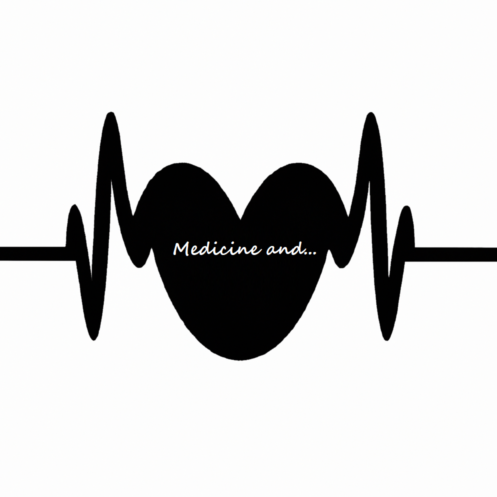Medicine and: a blog about everything medicine.
-
7 Day Meal Plan
Here’s a 7-day diet plan that follows the guidelines of the American Heart Association. The table includes recommendations for three meals per day and aims to keep daily calorie intake at 1800, with a maximum of 1500mg of salt per day. Day Breakfast Lunch Dinner 1 1 serving oatmeal with berries and 1 hard-boiled egg…
-
Recent Developments in Infectious Diseases
Summary of some recent developments in the field of infectious disease: COVID-19 continues to be a major global health concern, with new cases and deaths being reported daily. Efforts to develop a vaccine and treatments for the disease are ongoing. There have been recent outbreaks of other infectious diseases, such as dengue fever and chikungunya,…
-
Atrial fibrillation treatment
The treatment of atrial fibrillation (AFib) depends on the severity of the condition and the presence of any underlying conditions. Some common treatment options include: Medications: There are several medications that can help to control the heart rate and rhythm in people with AFib. These may include beta blockers, calcium channel blockers, and blood thinners.…
-
Atrial fibrillation risk factors and risk modulation
There are several risk factors for atrial fibrillation (AFib), including: Age: AFib is more common in older adults, and the risk of developing AFib increases with age. High blood pressure: High blood pressure can damage the heart and increase the risk of AFib. Heart disease: Conditions such as coronary artery disease, heart failure, and previous…
-
Atrial fibrillation
Atrial fibrillation (AFib) is a type of irregular heartbeat that occurs when the upper chambers of the heart (the atria) beat too fast or too erratically. It is the most common type of arrhythmia, and it is estimated to affect more than 2.7 million people in the United States. AFib is more common in older…
-
What are the different types of arrhythmias
There are several types of arrhythmias, or abnormal heart rhythms, that can occur. Some common types include: Atrial fibrillation: This is a type of irregular heartbeat that occurs when the upper chambers of the heart (the atria) beat too fast or too erratically. It can cause symptoms such as palpitations, shortness of breath, and fatigue.…
-
End Stage Heart Failure and Cardiac Transplant
End stage heart failure is the most severe stage of heart failure, and it refers to the point at which the heart is no longer able to pump enough blood to meet the body’s needs. At this stage, heart failure may not be reversible and may require more aggressive treatment options, such as a heart…
-
Medical Treatments for Heart Failure
The medical treatment of heart failure typically involves the use of medications to improve the function of the heart and help it pump more effectively. Some common medications used in the treatment of heart failure include: ACE inhibitors: These medications help relax the blood vessels and reduce the workload on the heart. They can help…
-
Heart Failure Treatment
There are several ways to treat heart failure, depending on the severity of the condition and the underlying cause. Some common treatments include: Medications: Your doctor may prescribe medications to help improve the function of your heart and help it pump more effectively. These may include ACE inhibitors, beta blockers, and diuretics. Lifestyle changes: Making…
-
What is heart failure?
Heart failure is a condition in which the heart is unable to pump enough blood to meet the body’s needs for oxygen and nutrients. It can be caused by a variety of factors, including damage to the heart muscle from a heart attack, high blood pressure, or a disorder of the heart’s valves. There are…
Got any book recommendations?
